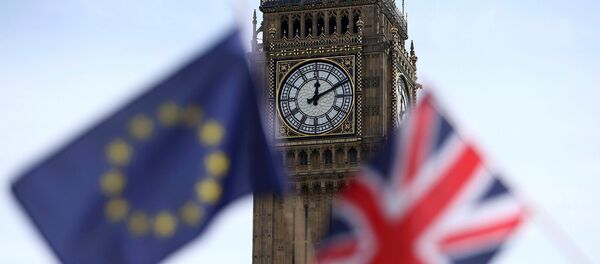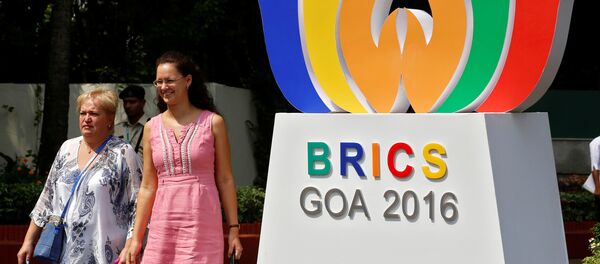"Brexit is a prominent example of the rise of geopolitical changes that are adding complexity to cross-border investments," Steve Krouskos, global vice chair of transaction advisory services at Ernst & Young, told Bloomberg.
There has been about $208 billion in M&A deals involving British companies this year, according to Bloomberg. That is 55 percent down from the same period last year.
Other developed countries are also experiencing the lack of investments. The economic leader of the European Union, Germany was ranked the third, after China. Investors are concerned about the upcoming election in the German parliaments, the crisis in the eurozone and the uncertainty in the banking sector.
Investors are also concerned about reforms in India that aim at boosting export capabilities. Over the past nine months of 2016, direct foreign investments in India dropped by over eight percent, against the same period a year ago.
"Currently, investors are cautious about both European and global markets. However, this is typical behavior in the situation of a crisis. As a result, investors have focused their attention on Southeast Asia," Yan Ryazantsev, investment director at Russian Venture Company, told RT.
"Currently, there is a trend in the market. Investors prefer to put money into agricultural development in neighboring countries. For example, China is expected to play the leading role in investing into agricultural projects in Russia’s Far East," said Denis Ershov from the Analytical Center for the Russian Government.
Other promising industries for investments in the global market are IT projects, solar energy and new financial technologies.




